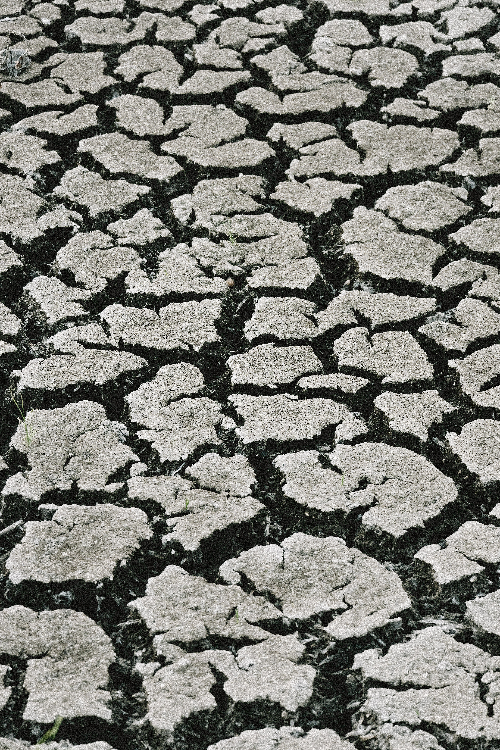High temperatures associated with changes in climate are causing extreme health issues, especially in younger populations.
A new report compiled by 100 experts, including the World Health Organization (WHO), and published in the Lancet Countdown contends that heat waves, as is witnessed with global warming, could have a major impact on human health. The experts believe that extreme heat not only affects mental health, but it aids in the spread of illness, including the coronavirus.
“While some impacts of record-high temperatures may be more expected – such as increased illness due to exposure to heat waves and extremely high temperatures – other impacts, such as increased risk of mental health problems, and increased spread of infections are less obvious effects that can have global impacts,” the report states.
“Climate change affects the mental health of people through a variety of different pathways,” said Dr. Marina Romanello, the executive director of the Lancet Countdown on Health and Climate Change report. “Some are more evident and easily attributable, such as the profound mental health impacts of extreme weather event-related disasters. However, the mental health impacts of climate change can also come, for example, from extreme heat exposure, which has been associated in the literature with increased interpersonal violence, crime, and self-harm.” Heat waves have actually been associated directly with an increase in suicidal thoughts and suicide attempts.

The primary cause of climate change in recent years has been the use of fossil fuels, which has also caused more and more air pollution, contributing to over “1 million deaths in 2020,” according to the report.
Climate change greatly affects children, adolescents, and young adults, the team found. These groups of people are already more prone to developing mental health disorders, and high heat can bring symptoms on more rapidly. The group found that temperature is associated with the onset of mental health conditions and subsequent drug and alcohol use as well as disordered sleep.
“Eighty-four percent of young people are moderately to extremely anxious about climate change,” explained Dr. Elizabeth Haase, the chair of the American Psychiatric Association’s Committee on Climate Change and Mental Health. “Along with the continued stresses that follow extreme weather come more drug and alcohol abuse, more child abuse and domestic violence, more poverty, poorer diets, increased homelessness, fractured families and communities.”
Heat-related deaths the older than 65 population rose by almost “70% from 2000-2004 to 2017-2021,” the experts found. It’s well-known that very high temperatures can lead to heat stroke, kidney injury, and worsening of existing heart and lung diseases.
“The accelerating health impact of climate change has become increasingly apparent. It is having devastating health effects,” said Dr. Georges Benjamin, executive director of the American Public Health Association. “The new Lancet report further documents the devastation climate change is causing on the global population.”
The experts cite that more needs to be done to combat climate change. Measures taken thus far simply aren’t enough.
“The health sector’s response to date has been inadequate and must be dramatically increased because the global health is in immediate peril,” Benjamin said.
The large-scale report is meant to draw attention to this issue and to encourage legislatures, advocates and others to take action.
“This clearly shows that we are not preparing to cope, and minimize, the expected increase in mental health impacts from the changing climate,” Romanello said.
Sources:
Increasingly warming planet jeopardizes human health, major report warns
More disease, more suicide: Study shows human cost of climate change


Join the conversation!